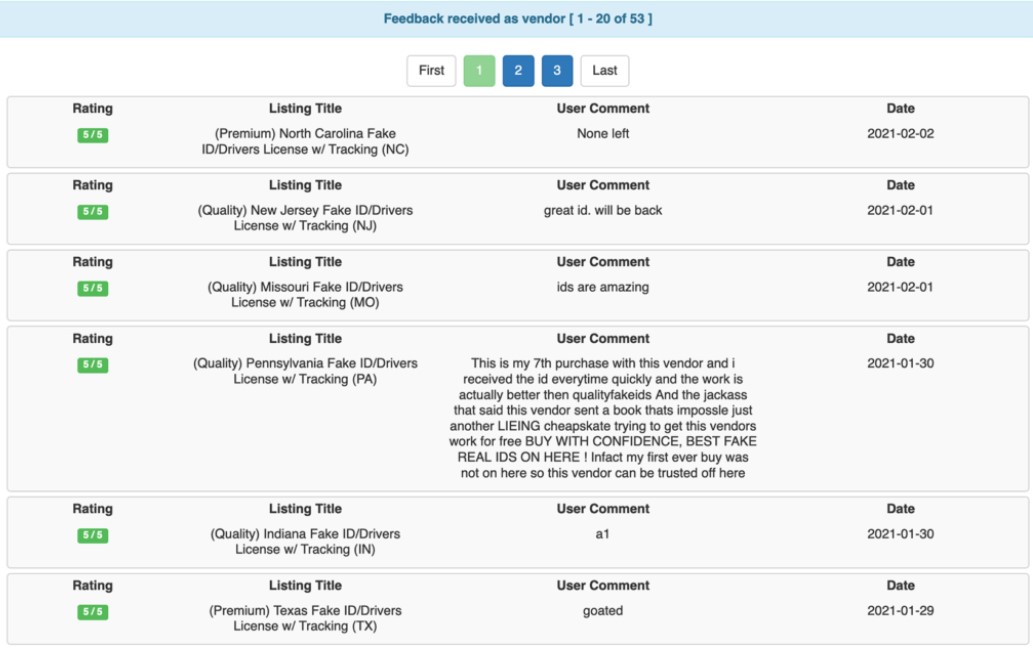Recently, this hidden web has fascinated the imagination of the public, often bringing to mind images of untraceable transactions, illicit goods, and a concealed underworld existing beyond the reach of standard law enforcement. Among the most notorious aspects of this shadowy realm are dark web markets, forums that enable the exchange of a range of contraband substances to counterfeit documents. As society becomes ever more digital, these markets have transformed, demonstrating both the resourcefulness and struggles of the underground economy.
Nonetheless, the rise of dark web markets is accompanied by their unavoidable fall. Law enforcement agencies worldwide have increased efforts to infiltrate and take down these markets, resulting in considerable raids that have sent shockwaves through the online criminal community. The ongoing cat-and-mouse game between authorities and users has shaped the fluid landscape of the darknet, revealing a complicated interplay of disguise, safety, and peril. As we delve deeper this subject, we will explore the beginnings, development, and continuing difficulties faced by dark web markets, illuminating a fascinating yet troubling aspect of today's world.
Grasping the Deep Web
The deep web is a part of the internet that is unindexed by traditional search engines. It exists on an secure network, requiring specific software such as Onion Router to access it. This concealed nature allows users to work without identification, making it a haven for various activities, both legal and illegal. While many may link the hidden web primarily with illegal transactions, it also serves as a platform for free speech and privacy, especially in states with authoritarian governments.
Navigating the dark web requires using specialized tools that safeguard users' identities. The most common of these tools is the Onion browser, which encrypts internet traffic and routes it through various servers. This creates a level of anonymity for users, guarding them from monitoring and tracking. Despite its reputation, the hidden web also provides forums, communities, and even marketplaces dedicated to valid interests, such as confidentiality advocacy and political activism.
The paradox of the hidden web presents a nuanced picture. On one hand, it is renowned for facilitating the sale of controlled substances, arms, and compromised data; on the other, it gives a sanctuary for leakers and those looking for to communicate freely without worry of official scrutiny. Grasping this multifaceted landscape is vital for understanding the general significance of online privacy, security, and the ongoing battle between law enforcement and the forces that exist in concealed parts of the online space.

The Evolution of Hidden Marketplaces
Darknet markets have witnessed considerable changes from their inception in the late 2000s. In the beginning, these platforms were rudimentary and limited, primarily operating through forums and simple chatrooms where individuals would exchange goods and services lacking any formal interface. The anonymity offered by the darknet attracted a niche audience keen on accessing products that were commonly illegal or hard to obtain through conventional means. Key early examples include Silk Road, which set the stage for future markets by utilizing Bitcoin as a means of exchange, enhancing the confidentiality of its users.
As online security measures increased and law enforcement began to intervene on early markets, darknet markets transformed into more complex entities. This growth led to the creation of easy-to-use interfaces and sophisticated escrow systems that bolstered confidence and protection among participants. Competition among markets promoted advancements, resulting in functionalities like customer ratings, vendor verification, and item evaluations. dark market 2025 These improvements not only refined the shopping experience but also attracted a greater audience, fostering a sense of community among users who valued the anonymity that darknet markets provided.
Nonetheless, the rise of these markets also sparked a cycle of law enforcement intervention. Significant operations to shut down major platforms, such as the takedown of Silk Road in the year 2013, showcased the flaws inherent in the darknet ecosystem. Despite these actions, emerging markets quickly surfaced to fill the void, often implementing enhanced security measures and using decentralized architectures to escape detection. This ongoing battle between innovation in darknet market operations and law enforcement approaches illustrates a intricate dynamic, making the progression of darknet markets a constantly unfolding narrative.
The Diminution and Future of Dark Web Market
The decline of shadow net marketplaces can be linked to multiple causes, including escalated regulatory efforts and increased oversight from cybersecurity specialists. As governments around the world have escalated efforts to close major platforms, many have discovered it increasingly difficult to function without the ever-present danger of a seizure or arrest. High-profile closures such as Silk Road and Alpha-Bay served as key milestones, instilling a atmosphere of dread within the dark web community and deterring new vendors from entering the space. Additionally, the hesitance of customers to rely on upcoming platforms, often burdened by fraud or protection breaches, has further contributed to the downturn.
Despite the obstacles faced by operating sites, there remains a large demand for services and services that the dark web provides. This desire may help maintain niche, more niche services that work under a lesser visibility. Innovative technologies, such as distributed services and upgraded safety protocols, could renew interest and utilization of underground sites. As long as there are individuals seeking privacy for various purposes, from privacy issues to illegal doings, the potential for shadow net commerce will always be present, albeit in a changed state.
Gazing forward, the future of shadow net business is likely to shift towards greater decentralization and incorporation of distributed ledger systems. The emergence of crypto assets has given a more protected means of exchange that is appealing to customers trying to preserve anonymity. As the landscape changes, upcoming business structures may include distributed financial mechanisms, making these services less likely to dismantle and supervise. While the fall of conventional dark web sites may signify the conclusion of an age, it paves the way to fresh possibilities that could redefine how business happens in the darkness.
